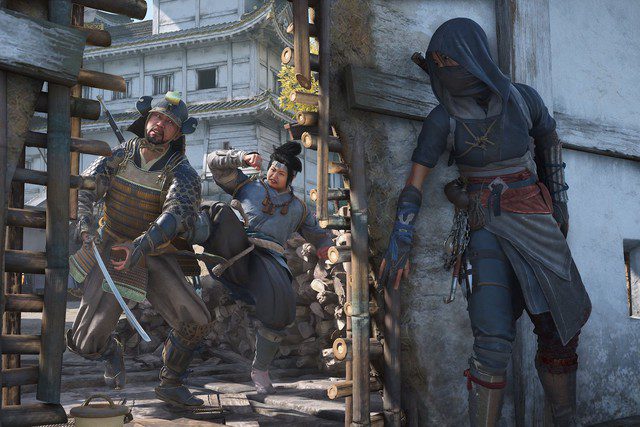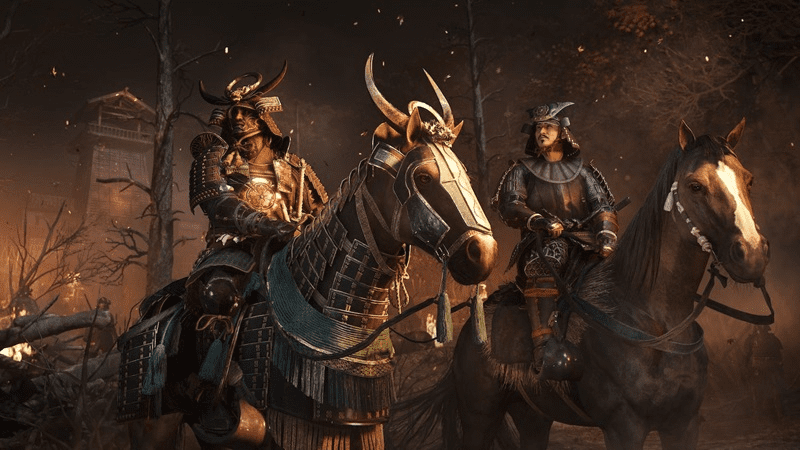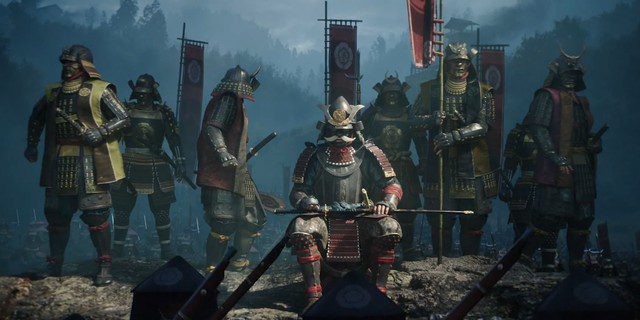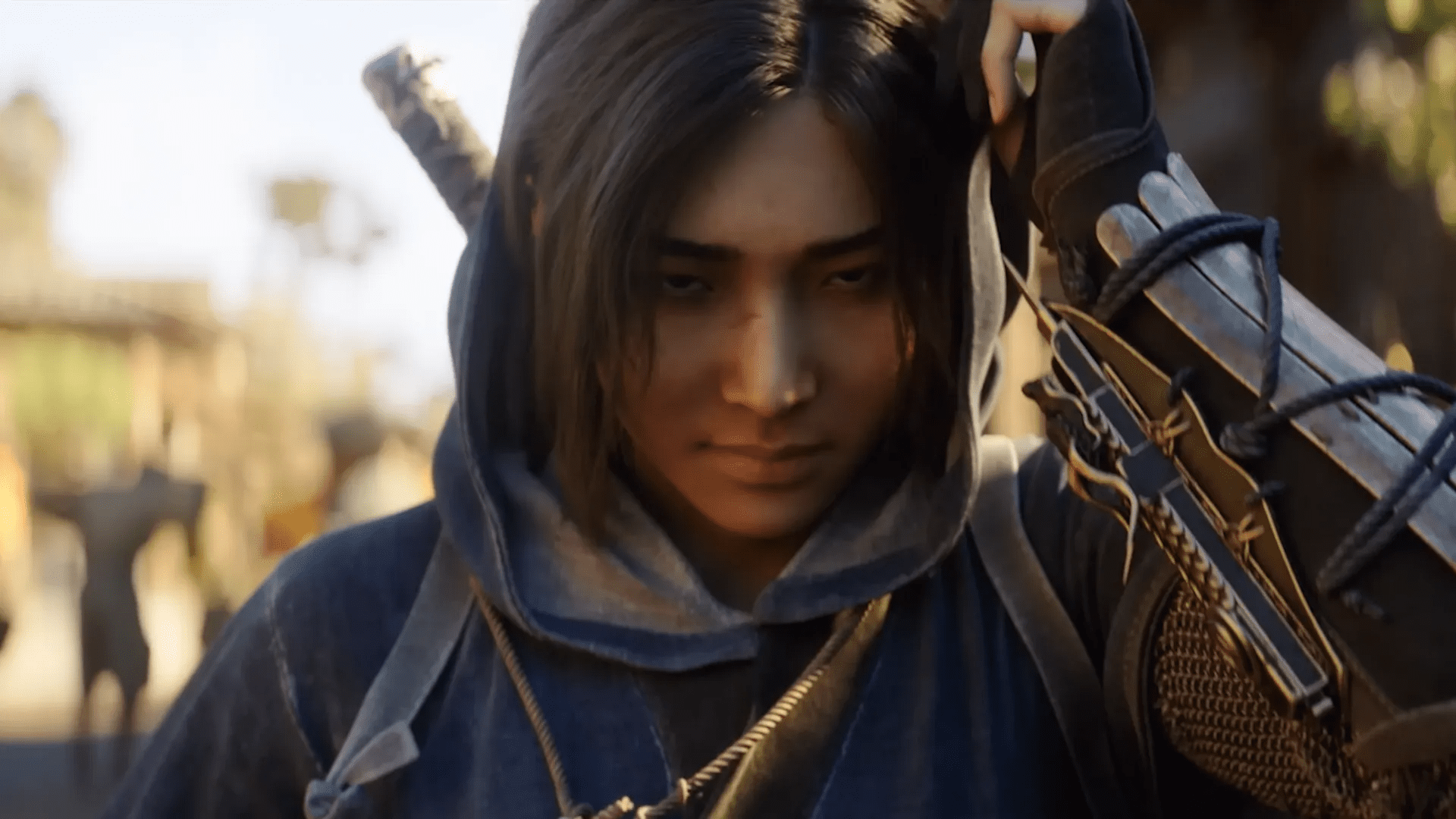What game has emerged with so much pressure as Assassin’s Creed Shadows? Not only must it contend with the long-standing legacy of the franchise, but it also faces stiff competition from numerous other titles.
It’s evident that the disappointments from Ubisoft, along with intermittent delays, and the controversies surrounding the character Yasuke have created a challenging environment. The significance of Shadows extends beyond being just another entry in the series; it represents an important experiment for Ubisoft.

Set in the late Sengoku period during the 16th century, Assassin’s Creed Shadows revolves around the power struggles between Shoguns and Daimyos. Against a historically rich backdrop, the game features two main characters – Naoe, a shinobi with deep-seated grudges, and Yasuke, a samurai viewed as an outsider, who inadvertently becomes embroiled in this conflict and together they build a new order.
Unlike previous installments, Shadows places a greater emphasis on the political and social conditions of feudal Japan. This approach brings a fresh perspective to the series, allowing players to gain a clearer understanding of the culture and societal dynamics of the time. However, the main storyline of Shadows lacks coherence, as certain narrative threads feel disconnected from the central conflict. The conclusion leaves players feeling somewhat unsatisfied.

Nonetheless, the standout feature of Shadows lies within its characters. Naoe’s journey – from a shinobi seeking revenge against an assassin driven by vengeance – evokes memories of Ezio’s adventures, while her relationships with various allies bring emotional depth. Although Naoe’s voice acting isn’t perfect, the high-stakes moments, especially through the performance of Masumi Tsunoda, leave a lasting impression. Meanwhile, Yasuke emerges as the most compelling character in Shadows. With his strong presence, straightforward personality, and complex backstory, Yasuke is a character that is both tragic and captivating. Ubisoft does not shy away from Yasuke’s narrative as the first Black samurai in Japanese history, cleverly exploring this theme to create poignant moments that resonate deeply.

Regarding gameplay, Assassin’s Creed Shadows maintains a balance between the series’ familiar mechanics: stealth gameplay and large-scale combat. This is clearly represented through the two main characters: Naoe exemplifies stealth gameplay with her agile movement and silent assassinations, while Yasuke serves as a powerful warrior ready to confront foes head-on. Stealth – a key element of gameplay – has been robustly supported in the game. The combat system has also seen significant changes, focusing more on evasion and counterattacks, echoing the style of Ghost of Tsushima. Additionally, the parkour mechanics have been improved, making traversal through Japan’s intricate architecture feel more fluid. Despite the advancements in gameplay, Shadows still suffers from the common issue faced by many recent Ubisoft titles: repetition. Enemy variety and types are quite limited, making battles feel somewhat monotonous over time. However, the new stealth mechanics, such as the ability to create shadows, don’t fully create a unique experience, leaving aerial assassinations as the most favored strategy.

Though not perfect, Assassin’s Creed Shadows remains one of the more compelling entries in the franchise, successfully blending an engaging narrative with richly developed characters and a beautifully crafted world. Ubisoft may not have created a groundbreaking masterpiece, but this is undoubtedly a significant step forward.




















